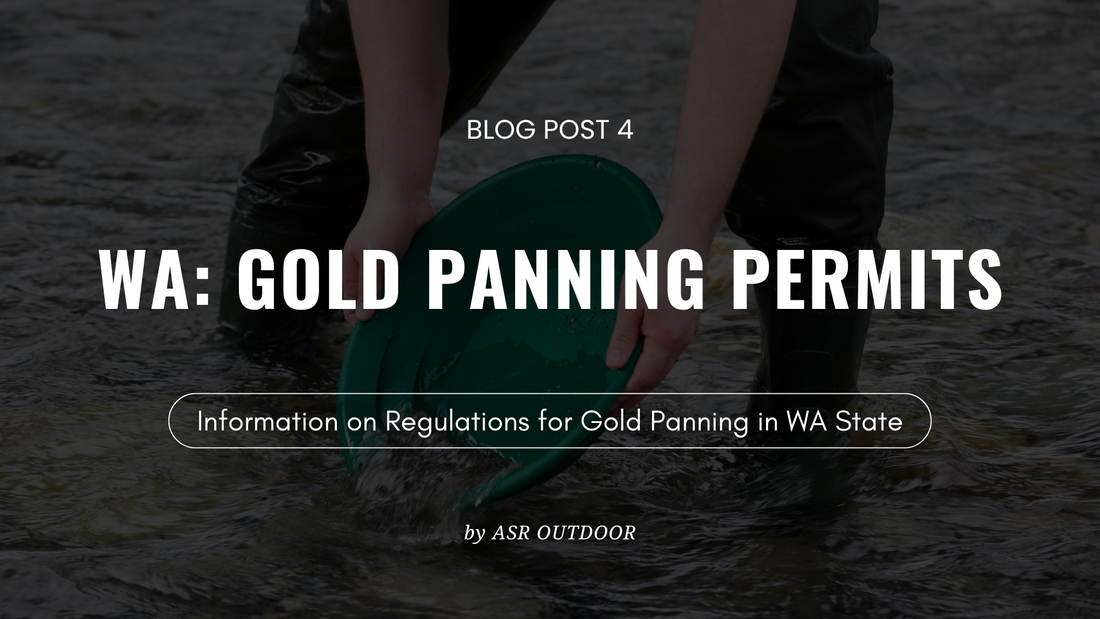
Gold Panning Permits and Licenses in Washington State
Washington State, with its rugged terrain and sparkling rivers, has long been a haven for gold prospectors. However, before you start scooping up dirt and sifting for precious metal, it’s important to understand the regulations surrounding gold panning in our beautiful state.

SYNOPSIS OF GOLD PANNING REGULATIONS:
Gold panning in Washington State requires adherence to specific rules to protect the environment and fish habitats:
1. Hydraulic Project Approval (HPA): A formal HPA is not required for recreational panning if you use a gold pan, mini-rocker box or non-motorized, small sluice box.
If you want to conduct mineral prospecting or mining activities at different times or locations, or with different equipment than allowed in this pamphlet, you must apply for a separate, written HPA. Please refer to the Department of Ecology mineral prospecting website to see if your proposed activity is in an allowed area. You will receive an HPA unless the department determines that the project will result in direct or indirect harm to fish life, and enough mitigation cannot be assured by provisioning the HPA or modifying the proposal.
You may request a written HPA by submitting a complete application to WDFW. An online HPA application submittal tool is available on the HPA application process page as well as details about alternate application methods if you cannot apply online.
2. Gold and Fish Pamphlet: You must carry this pamphlet with you at all times while panning! From what we can gather, the May 2021 version is the most up to date and acceptable pamphlet available.
3. Motorized Equipment Restrictions: As of 2025, the use of suction dredges, dry land dredges, gravity siphons or any motorized methods are prohibited without a separate, written HPA.
4. Location Restrictions: Panning is allowed on most federal lands managed by the U.S. Bureau of Land Management and the U.S. Forest Service, unless specifically withdrawn. State-owned lands require a placer mining contract.
5. Private Property: ALWAYS obtain permission before panning on private land or mining claims.
Remember, regulations can change, so always check the Washington State Department of Fish and Wildlife for the most up-to-date information before planning your adventure.
By following these guidelines, you can enjoy Washington's natural bounty, while helping to preserve its ecosystems for future generations. Good luck!
HELPFUL RESOURCES:
Washington State Gold and Fish Pamphlet Overview
Washington State Gold and Fish Pamphlet (May 2021)
Washington State Department of Natural Resources Recreational Gold Panning Doc

